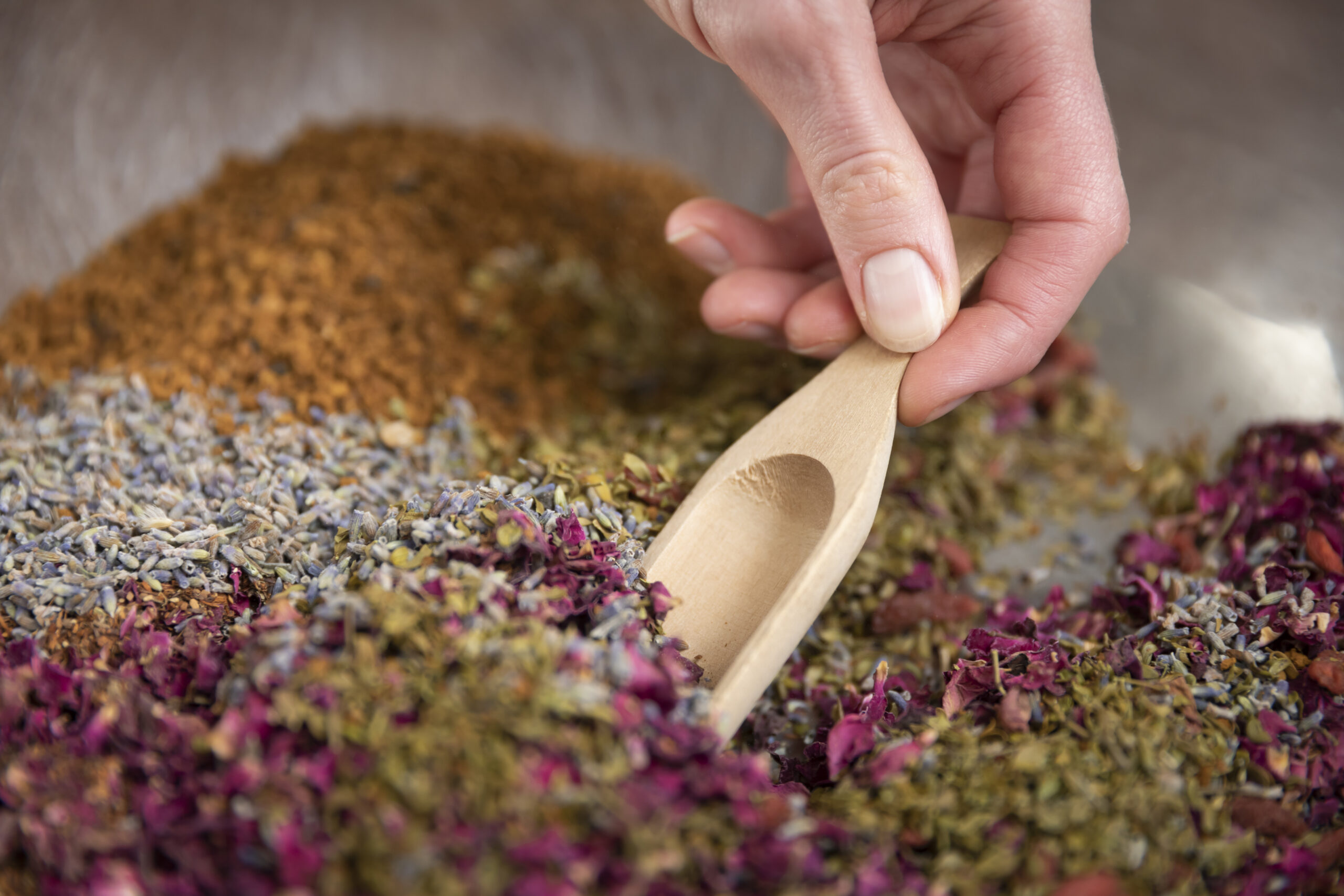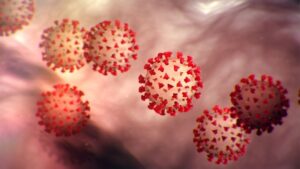

The stem bark of the Arjuna tree has been valued for heart health since 500 BC. This beautiful and amazing tree is native to central India and lives on average over fifty years. Ayurvedic physicians commonly prescribe the powdered tree bark for alleviating angina, hypertension and other cardiovascular conditions. In research, the bark extract has been shown to have diuretic and hypotensive properties.[1]
I often use Arjuna in my clinical practice, and combine it with hawthorn leaf, flower, and berry (Crataegus oxycantha); olive leaf (Olea europea); coleus (Coleus forskohli); grape seed extract; green coffee bean; celery seed (Apium graveolens) and rauwolfia (Rauwolfia serpentina). All of these botanicals have been found to have therapeutic benefit in cardiovascular health, and in particular for maintaining healthy blood pressure, tonifying the heart, and improving its function.
Continue reading “Arjuna (Terminalia arjuna): A Potent Ayurvedic Heart Tonic”


